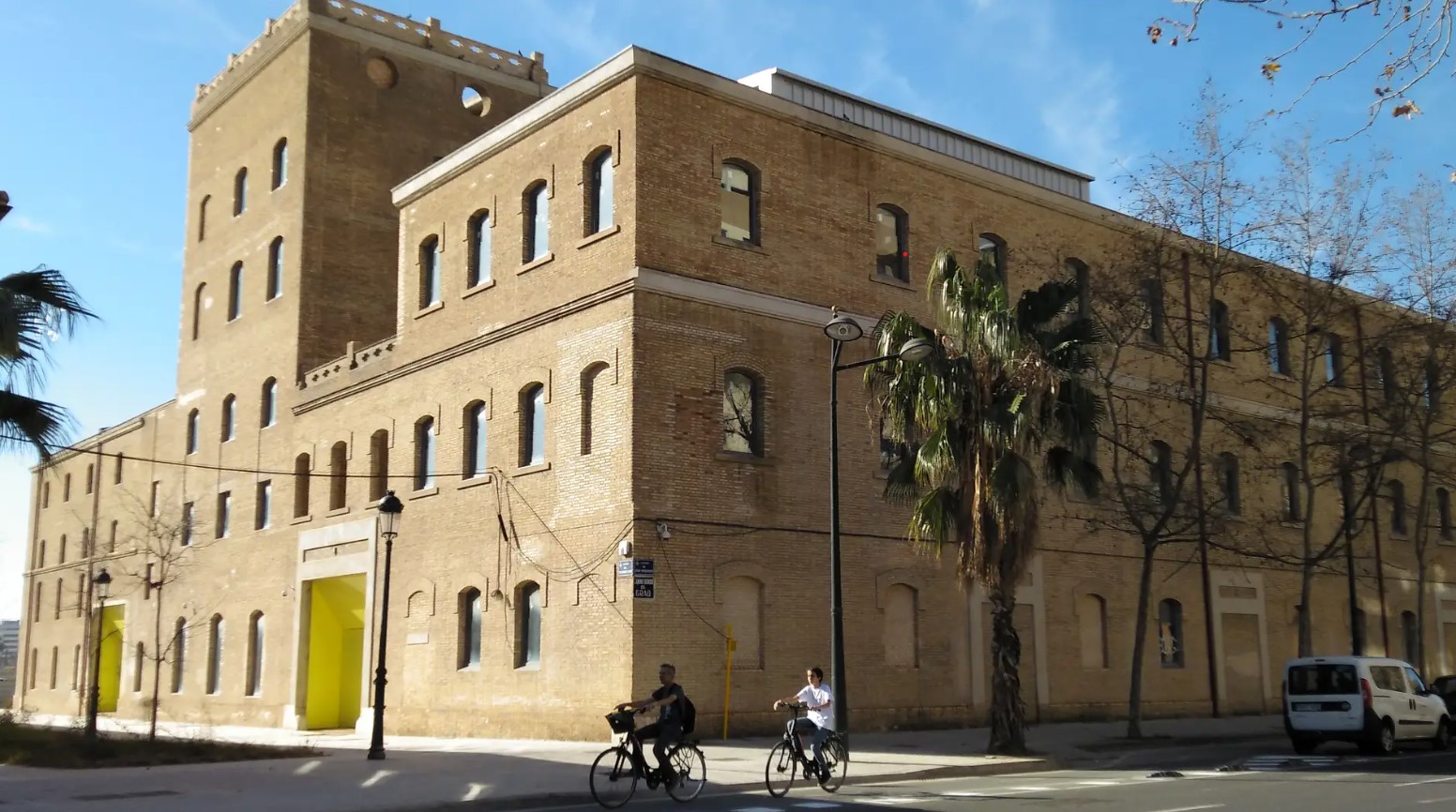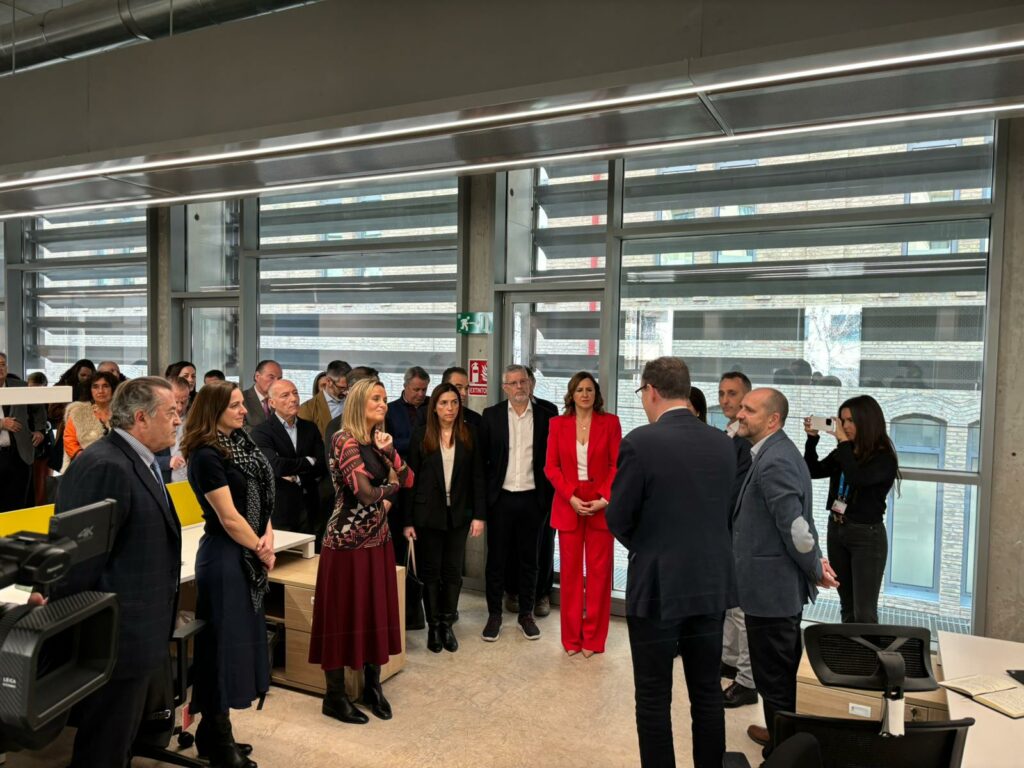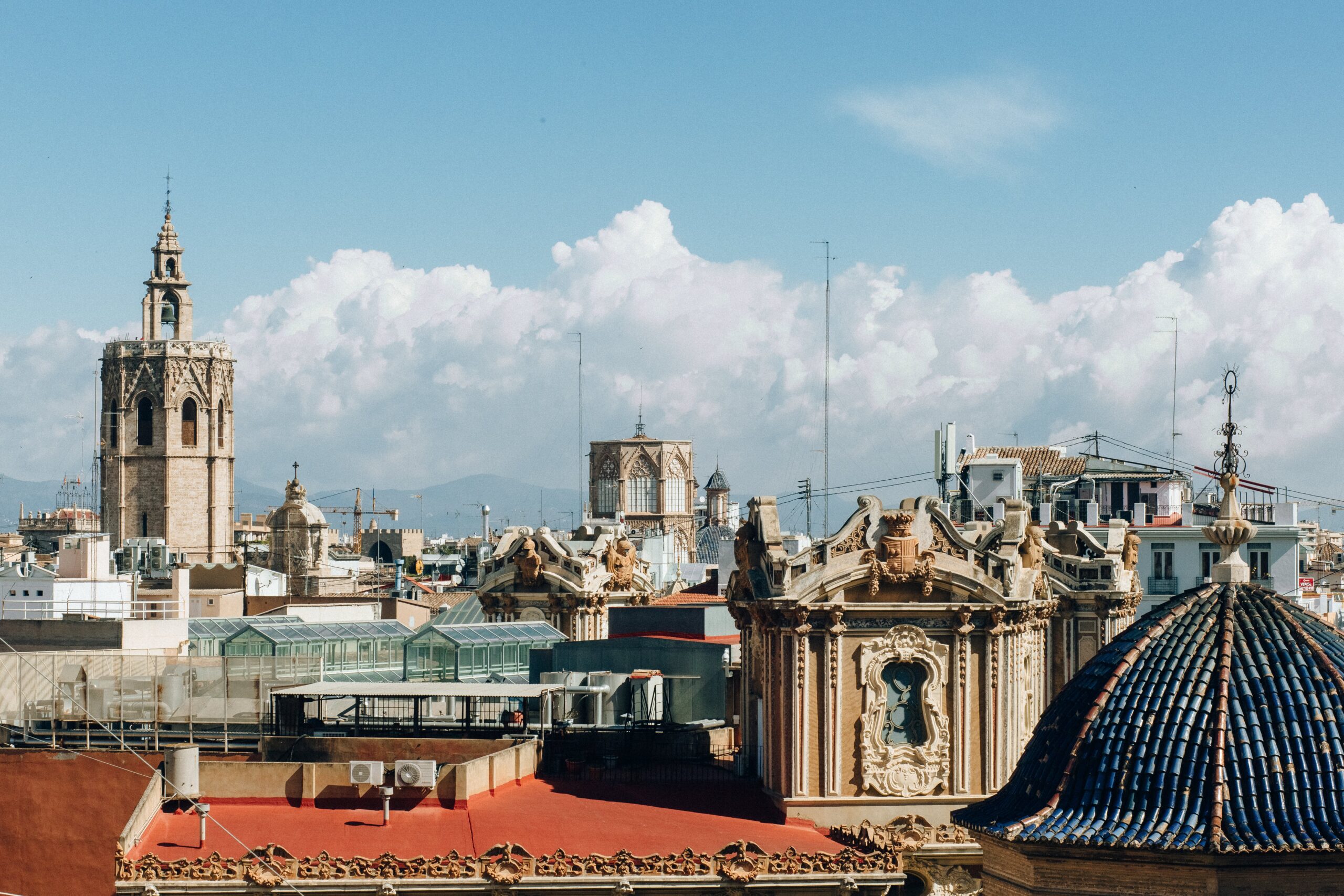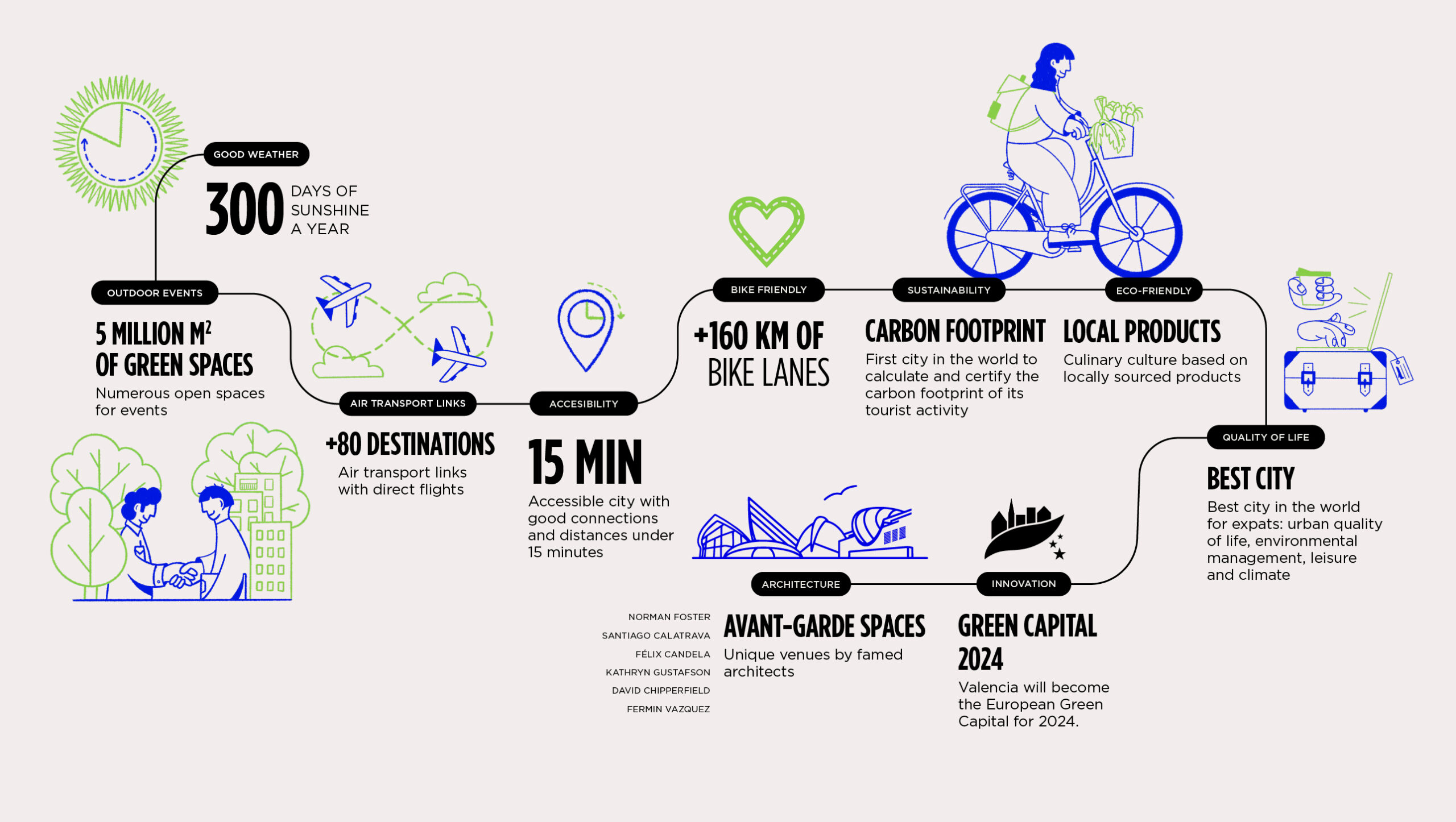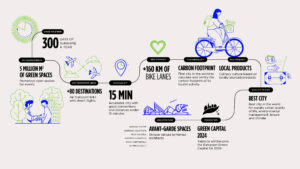Our partner of the month for May, BDO, is a great ally for both foreign investors and Spanish companies seeking internationalization. Like Invest in Valencia, the key to their global success lies in collaboration. This spirit of cooperation is why we’re dedicating this space in our blog to them.
BDO Valencia is led by Javier Gómez-Ferrer, partner and head of the Valencia office. He is joined by Lucía Segarra and Víctor Gisbert, forming a multidisciplinary, young, and dynamic team. Their strength? Adaptability, the great challenge of our times! They excel by constantly adapting to different sectors and environments, focusing on clients, their needs, and their growth to constructively face new challenges. And the formula is working—2024 is proving to be a particularly productive year for BDO Valencia.
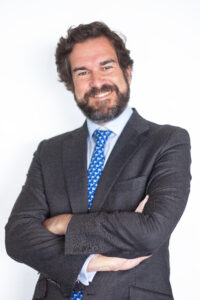
We spoke with Javier, Lucía, and Víctor to gain their professional insights on the keys to successfully investing and starting a business in our city.
1. Valencia as a magnet for foreign investment
According to Javier Gómez-Ferrer: “without a doubt, Valencia is a very attractive place for foreign investors. It is increasingly becoming a city where different industries, professionals, and talent converge. Its geographic location, climate, and quality of life significantly attract innovative talent.”
2. What investors need to know
“It is important for those who want to establish a stable project here to have the peace of mind that comes with quality legal advice. This allows them to focus on the business while relying on the legal security provided by a team like ours,” continues Javier.
3. Experience and globalization for goreign investors
“Helping foreign companies establish themselves in Valencia—either through the incorporation of subsidiaries or through M&A—is part of our daily work. Equally, we assist Valencian companies seeking internationalization. Knowledge of applicable regulations, previous experience, and a good relationship with BDO’s global network are fundamental to our success. Often, foreign clients need a liaison with local institutions. We understand their needs and strive to provide comprehensive services,” says Lucía Segarra Cobo, director of the legal department in Valencia.
4. The importance of business partners
“It’s about establishing a relationship of trust with the client and providing solutions to ensure the best possible user experience,” continues Lucía.
5. Avoid main obstacles for investors
For Víctor Gisbert, Director of the Tax and Outsourcing area, “any company implementation in Spain involves tax and accounting challenges, employee postings, payroll, etc. At BDO, we coordinate the various areas involved to ensure the process is as efficient as possible. This relieves clients of bureaucratic burdens and advises them on the best tax strategies for optimal resource utilization.”
6. Advantages of Valencia compared to Other Spanish Cities
“Significant steps have been taken to make Valencia competitive from a fiscal standpoint, with key modifications to regional taxes, such as significant reductions in the Inheritance and Donations Tax, and interesting tax reductions by the City Council of Valencia. The more fiscally competitive we are, the easier it will be for Valencia to stand out as a prime location for business implementation,” Gisbert concludes.
7. Dialogue with Institutions
Finally, Javier Gómez-Ferrer stresses the importance of having the right allies. “Our relationship with Invest in Valencia is a significant asset to our services. It’s a great institutional initiative that offers our clients a direct dialogue with Valencian institutions, providing confidence and security for local implementation. We’re delighted to support Invest in Valencia with our legal and tax advice to potential investors in the city. This partnership not only aligns with our work but also contributes to making Valencia more open, dynamic, and innovative.”
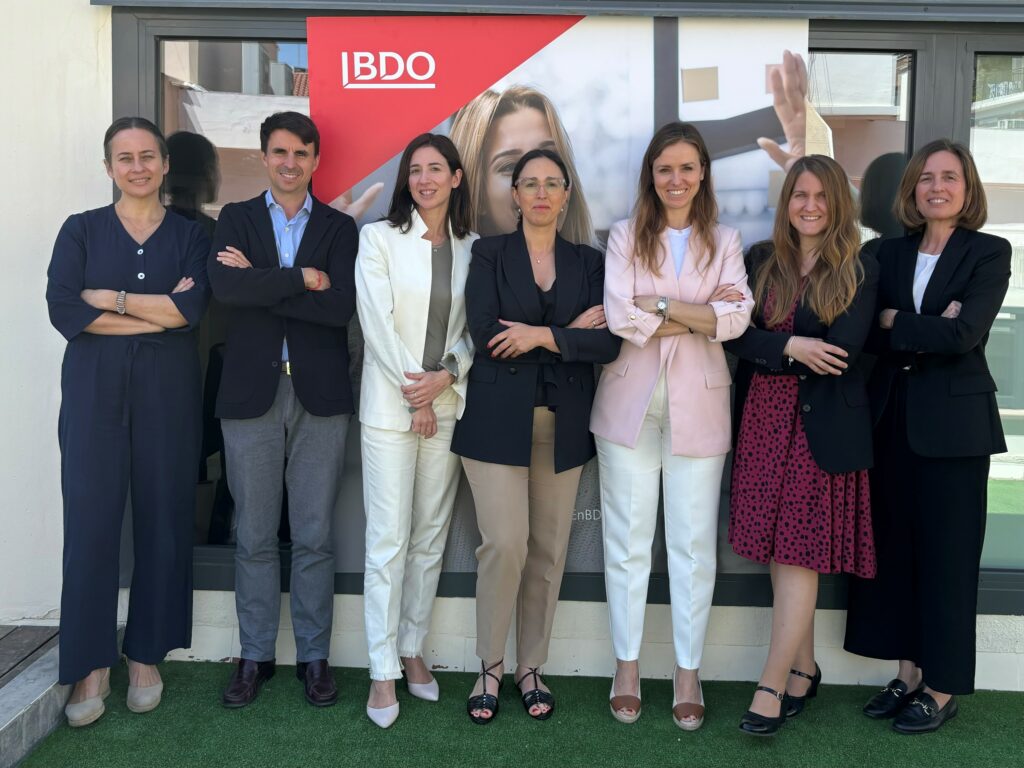

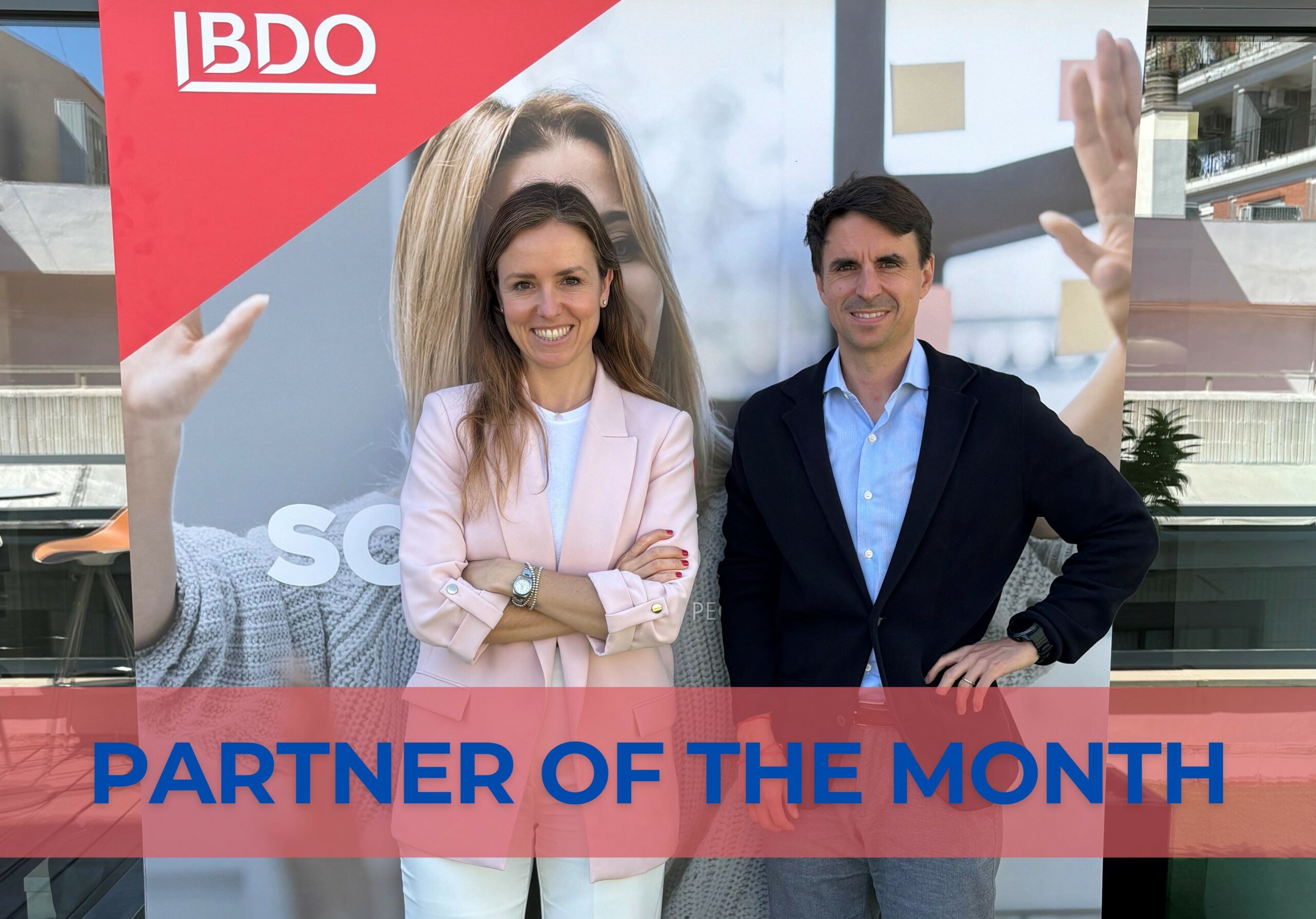
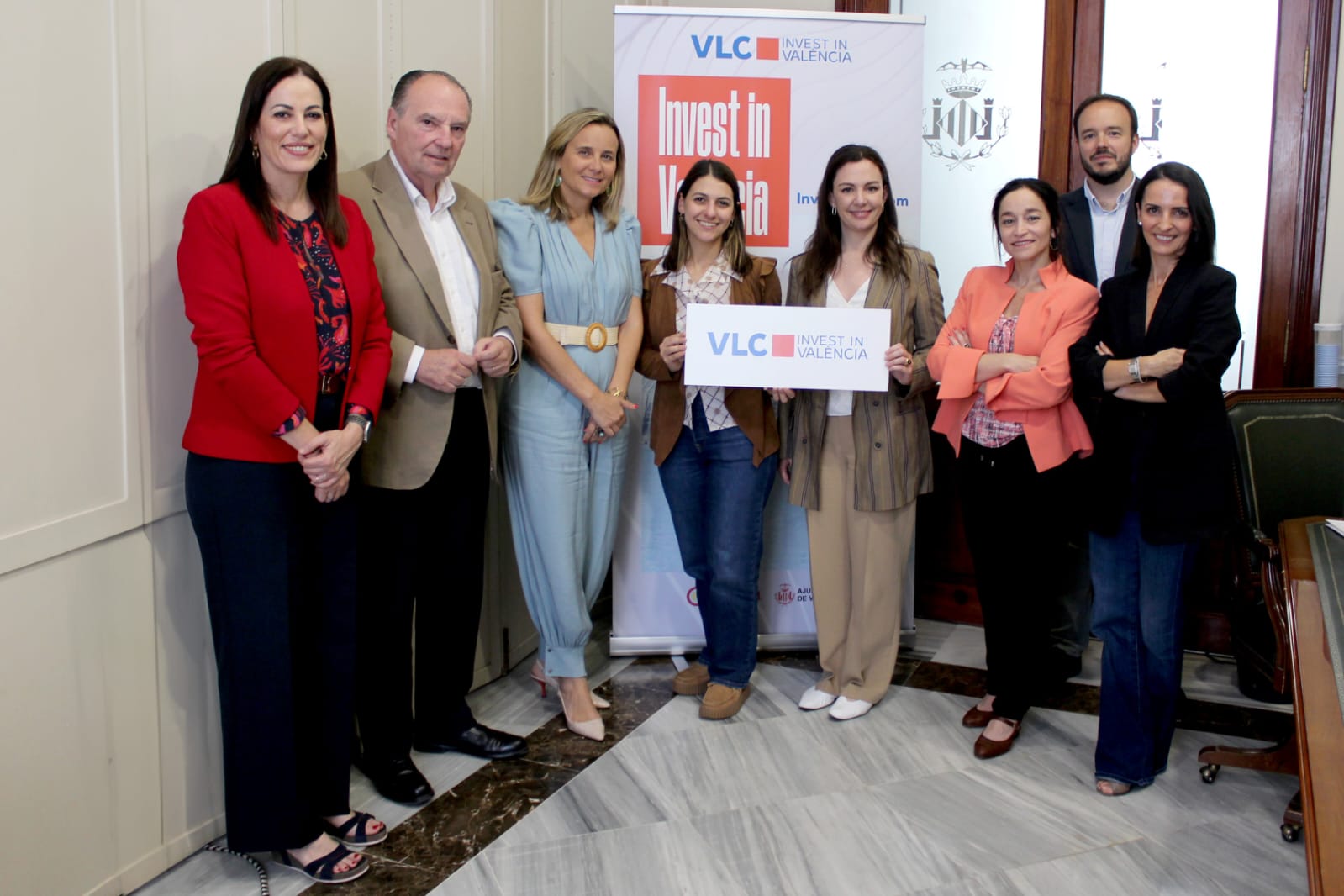
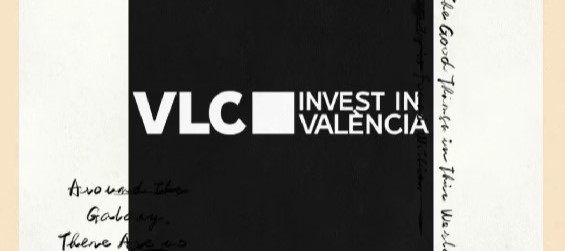
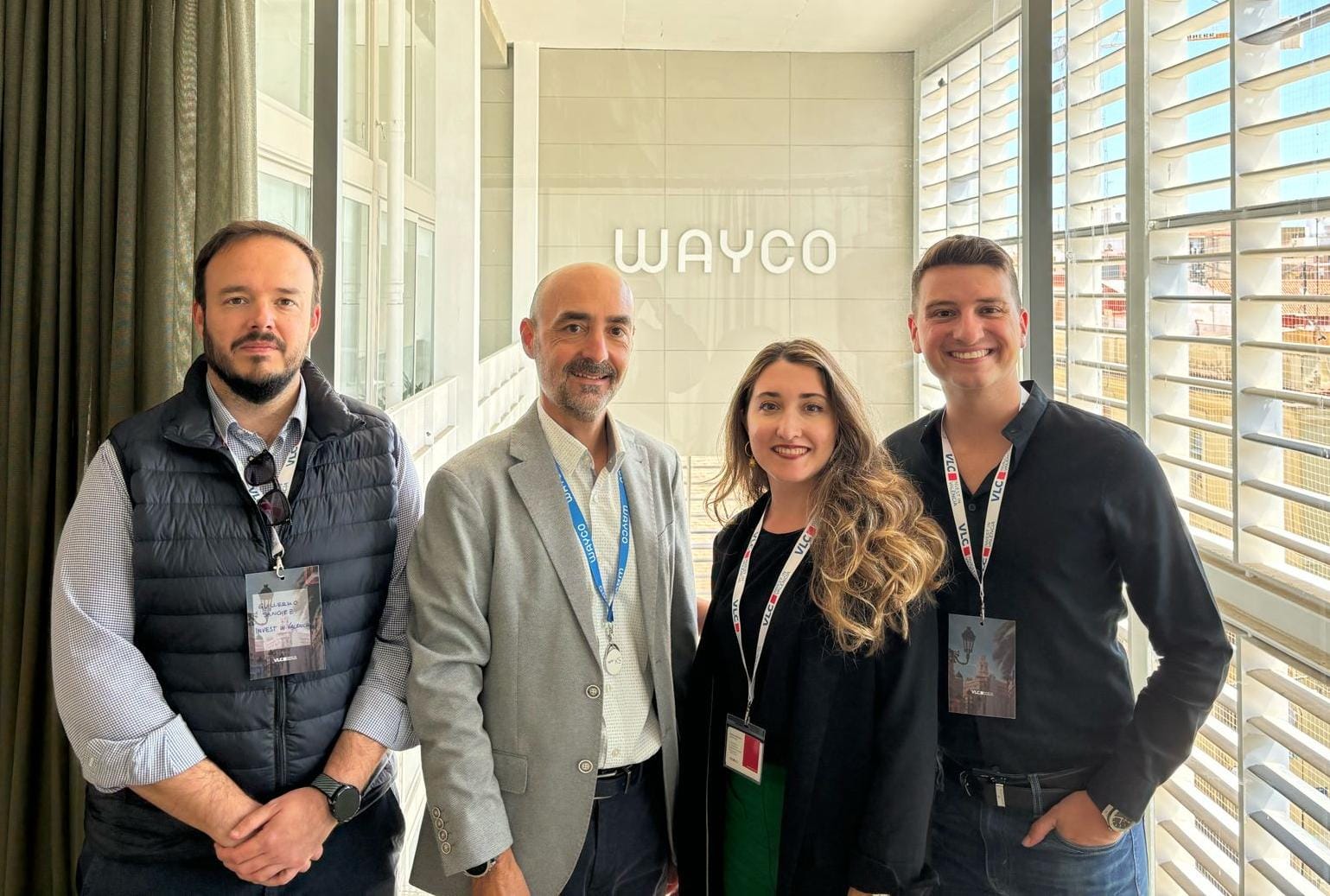
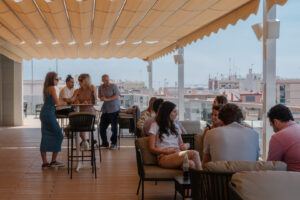 Beyond workspace, what additional services do you offer?
Beyond workspace, what additional services do you offer?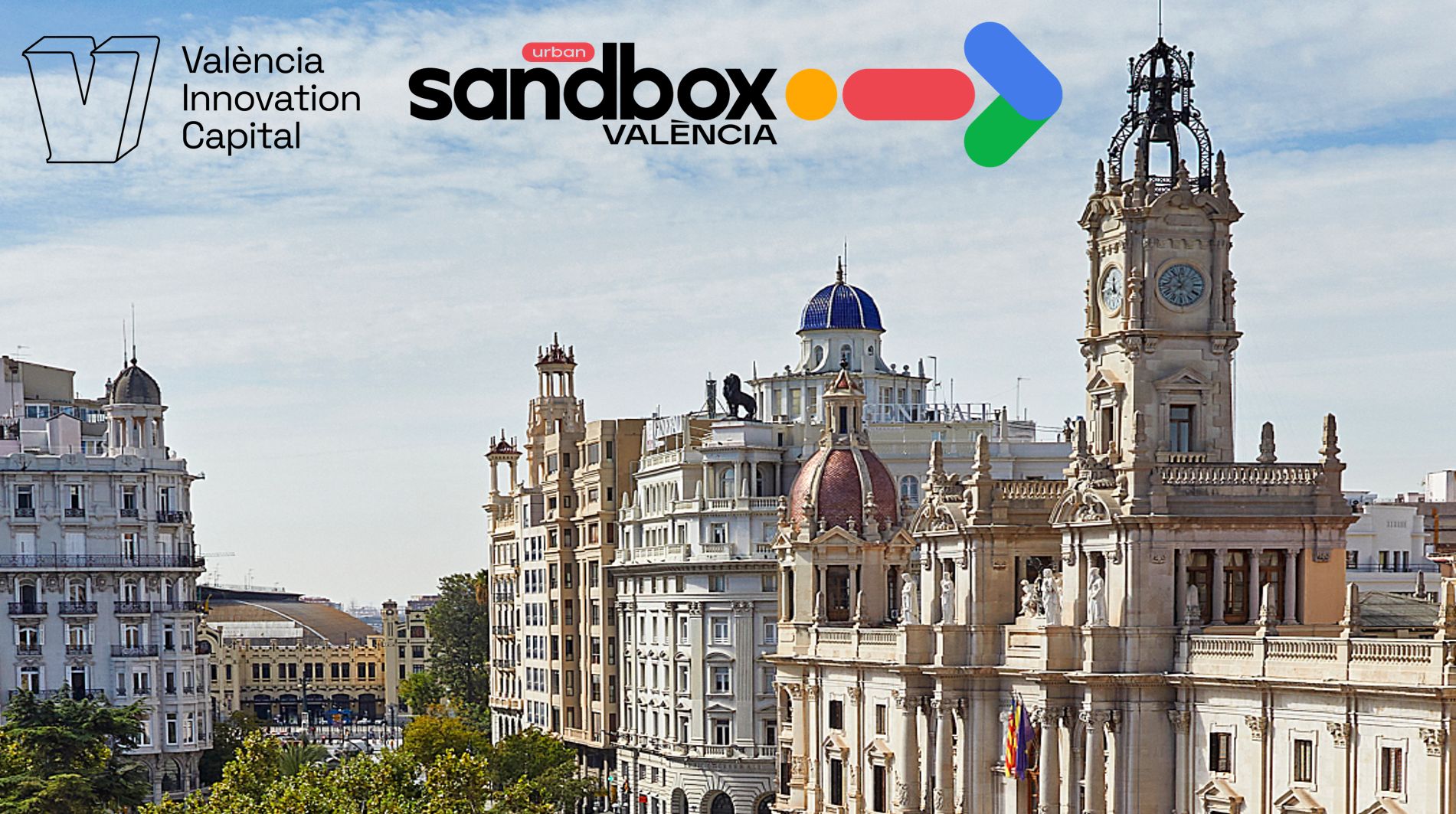
 Tests will take place in April at post 3 of the Malvarrosa beach, next to the Hotel Las Arenas. The Platjabot, designed to transform beach cleaning, features a sophisticated system for selecting, vacuuming, and accumulating debris from the sand. Like domestic robot hoovers, Plajtabot can be configured according to the time of day, weather conditions or beach saturation. Its advanced technology provides up to 19 hours of autonomy, covering around 4000m² per hour, with anti-vandalism measures and optimal sensors for triple security.
Tests will take place in April at post 3 of the Malvarrosa beach, next to the Hotel Las Arenas. The Platjabot, designed to transform beach cleaning, features a sophisticated system for selecting, vacuuming, and accumulating debris from the sand. Like domestic robot hoovers, Plajtabot can be configured according to the time of day, weather conditions or beach saturation. Its advanced technology provides up to 19 hours of autonomy, covering around 4000m² per hour, with anti-vandalism measures and optimal sensors for triple security. 
